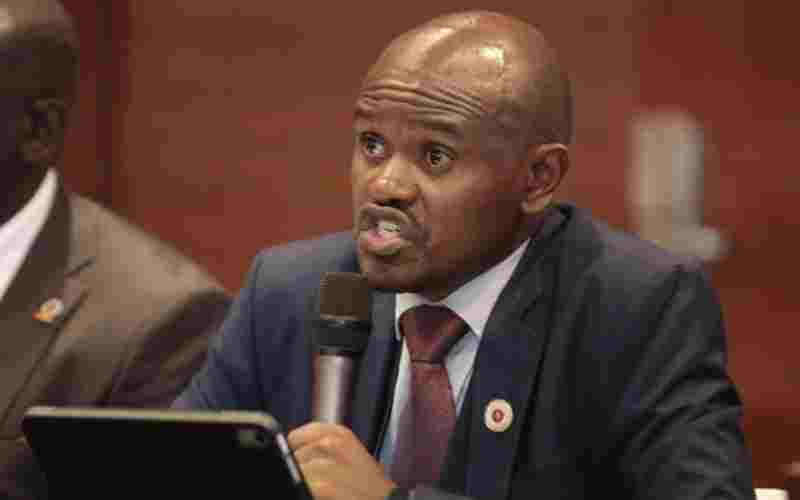×
The Standard e-Paper
Join Thousands Daily

The Institution of Engineers of Kenya (IEK) is calling on the government to involve engineers in decisions that affect the profession and infrastructure development.
At the IEK Annual General Meeting, President Eng. Shama Kiteme stressed the need for structured engagement between policymakers and engineers.